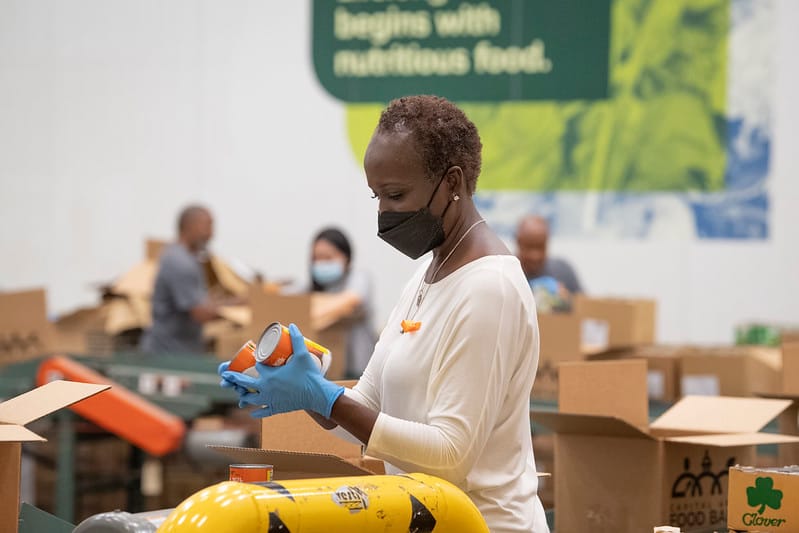Wilson Building Bulletin: A cold dose of reality on D.C.’s budget
And Trayon White gets a new trial date.
Aspiring to be a good neighbor in a city as richly diverse, vibrant, and dynamic as D.C. is essential and, honestly, a bit of an art form.

D.C.’s unique energy is distinctive and palpable — each neighborhood tells its own story and celebrates a wide array of identities. Many people have weighed in on what it means to be a good neighbor in the District (check out this article, as well as this discussion), offering tips that help make this city of quadrants feel like a single, thriving community.
As a third-generation D.C. native, I’ve seen the city evolve, holding on through the ebbs and flows while maintaining deep and personal connections. I’ve witnessed the sweeping transformation of neighborhoods — both in the landscape and population. What was once a more relaxed, steady rhythm has sped up significantly, blending a mix of old and new energy. While some neighborhoods have managed to preserve their roots, others have taken on a polished, upscale feel — bringing economic growth but also pushing out longtime residents who once defined these spaces.
For many of us natives, the familiar sights and sounds that colored our childhood experiences — candy ladies, local shops, block parties, stoop conversations — have gradually faded. But one thing that endures is our collective drive for connection and community.
Here are a few tips to keep in mind as you consider these values and craft your own style of neighborliness.
Take small actions that have a lasting impact

Get familiar with local resources
In D.C., a little knowledge goes a long way. Knowing where to point someone in need or where to go to solve a neighborhood issue can make all the difference. Here are a few resources that can help you make an impact or resolve problems respectfully:
Reflecting on what it means to be a good neighbor in today’s D.C., I think it's about balancing the character of existing communities and people and embracing the city’s inevitable changes. Building connections takes effort, but when we aim for harmony, everyone benefits.
My wish is that more people consider this question for themselves, so the city can experience the beauty that comes from answering a neighbor’s call.
With your help, we pursue stories that hold leaders to account, demystify opaque city and civic processes, and celebrate the idiosyncrasies that make us proud to call D.C. home. Put simply, our mission is to make it easier — and more fun — to live in the District. Our members help keep local news free and independent for all: